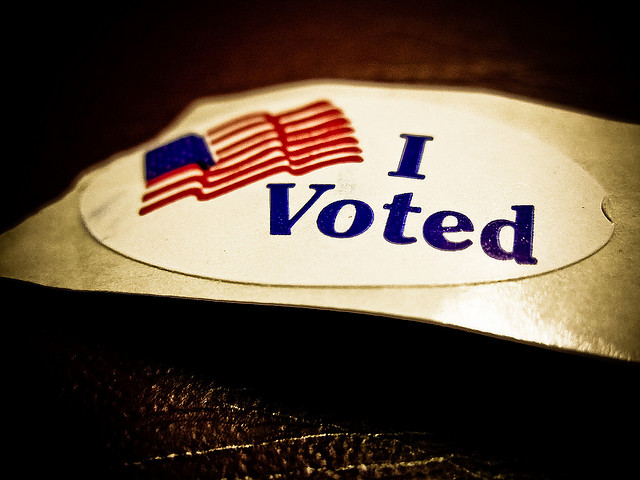What should you read between now and Election Day? If you’re only going to read one political book, you should make it Jason Brennan’s The Ethics of Voting. If you’re going to read a second, I nominate Bryan Caplan’s The Myth of the Rational Voter. If you’re going to read a third, you should read The Ethics of Voting again.
Both books make bracing (and important) claims about the revered ceremonies of the American civil religion—namely, elections—and about one of the most important sacraments of the American civil religion—namely, voting. Caplan asks why democratic systems tend to select economic policies that do more harm than good. His answer is that voters’ errors are systematically biased. People vote for economically irrational policies like protectionism and farm subsidies because they have systematically biased beliefs about these issues and minimal incentives to correct these biases.
Brennan goes a step further and argues that in order to vote ethically, one must vote well. In other words, one must vote based on justified beliefs about the common good. To put a not-too-fine point on it, Brennan argues that your theory of voting (you have a civic duty to vote, voting is itself virtuous, etc) is probably wrong. Brennan puts stronger conditions on what needs to happen in order for voters to vote well.
Brennan, in contrast with the view that has probably been drummed into you by public service announcements and years of school civics classes, takes a different approach. He argues that voting is not a civic duty but that if one decides to vote, then he or she “must vote well, on the basis of sound evidence for what is likely to promote the common good” (p. 4). You don’t need to vote simply for what you think will promote the common good. Rather, you must vote for what you believe will promote the common good based on sound theory and evidence. To vote otherwise is to “pollute democracy…and make it more likely that we will have to suffer from bad governance” (p. 5).
Fortunately, there are other ways to exercise civic virtue. Brennan devotes his second chapter to “Civic Virtue without Politics” and argues that a more expansive conception of civic virtue would allow one to exercise one’s social obligations—if we assume such things exist—through nonpolitical channels. The probability that a single vote will be decisive in any election is effectively zero, which means people have limited incentives to vote well according to Brennan’s criteria. By contrast, one can make a difference in the world by being a capable and honest plumber, mechanic, or accountant.
No doubt, you will be urged to vote as the November election approaches. If we want to take a serious look at the matter, though, it might not be something you’re obligated to do. Moreover, there is a lot more to voting well than simply being an “informed voter.” Developing justified beliefs about what promotes the common good is extremely costly, and the benefits are few. In light of Brennan’s more expansive conception of civic virtue, perhaps we should de-politicize life instead.



